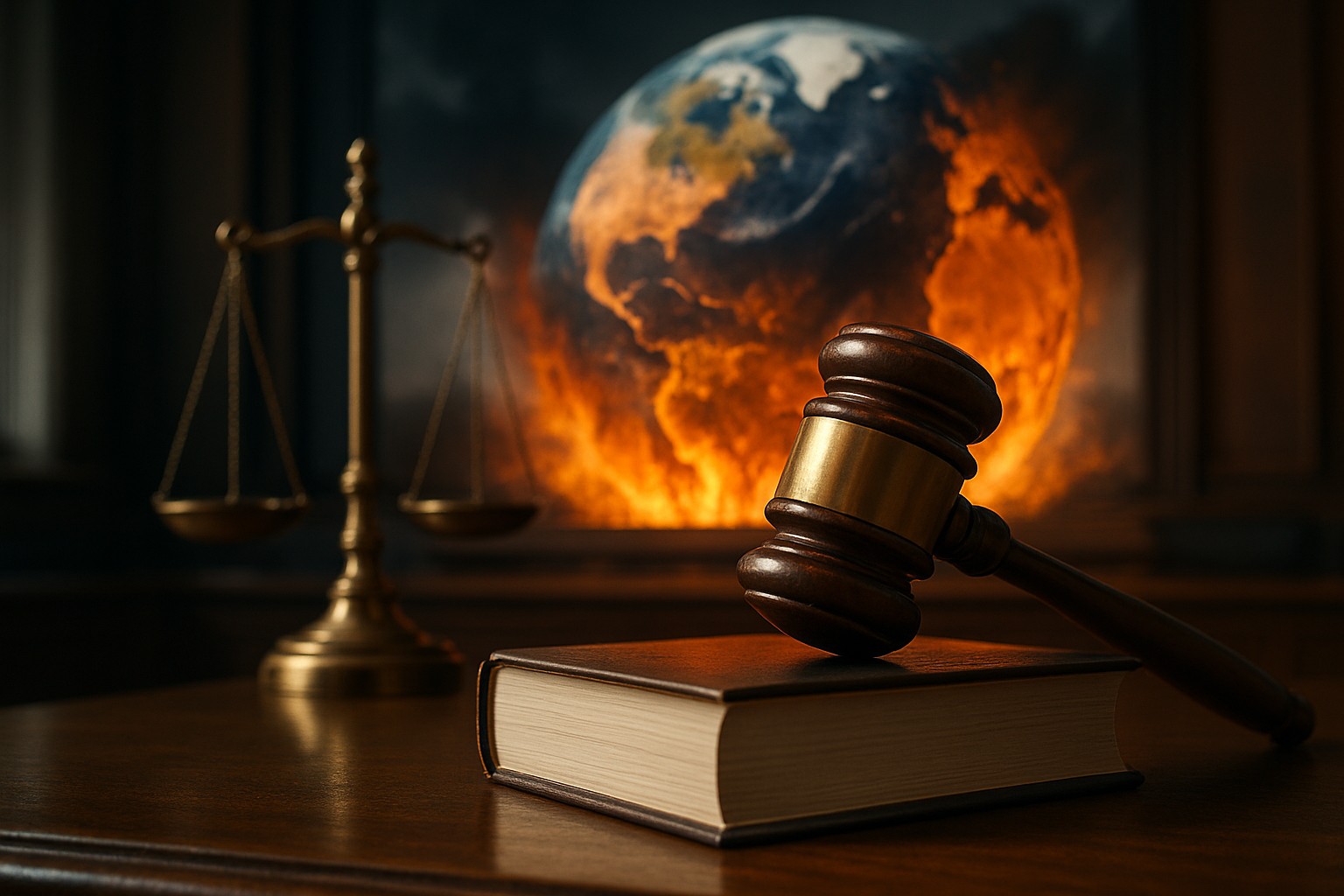An Examination of the Legal Underpinnings of Climate Change Policies
Climate change is undeniably one of the most pressing issues of our time, with far-reaching implications for all facets of society. This article delves into the legal aspects of climate change policies, exploring how they have evolved over time and their potential impacts on society.

Historical Overview of Climate Change Legislation
The legal battle over climate change began in earnest in the late 20th century. During this time, nations worldwide started recognizing the need to curb greenhouse gas emissions and mitigate the impact of climate change. Early legislation primarily focused on monitoring and research, such as the U.S. Global Change Research Act of 1990. As scientific consensus grew around the human contribution to climate change, so too did the push for more proactive measures.
Significant Legal Developments
In the past few decades, numerous legal developments have shaped the climate change landscape. The 1997 Kyoto Protocol marked a critical turning point as it was the first international agreement to mandate emission reductions from developed countries. Another significant development was the 2015 Paris Agreement, which made a global commitment to limiting global warming to well below 2 degrees Celsius above pre-industrial levels.
Current Legislation and Policy Discussions
Recently, legal discussions on climate change have focused on the implementation and enforcement of existing measures. For instance, the U.S. Clean Power Plan, introduced under the Obama administration but subsequently rolled back under the Trump administration, has been a contentious issue. The plan aimed to reduce carbon pollution from power plants, but opponents argued it was an overreach of federal authority. The Biden administration is now grappling with how best to restore and strengthen climate change regulations.
Implications and Impact on Society
Climate change laws and policies have profound implications for society. They can influence energy consumption, economic growth, and public health. For instance, policies that promote renewable energy can stimulate job growth in the clean energy sector. However, they may also lead to job losses in industries reliant on fossil fuels. It’s a delicate balancing act between environmental protection and economic growth.
The impact of climate change laws extends beyond purely environmental concerns. They can have significant social and justice implications, as climate change disproportionately affects disadvantaged communities. Policymakers must ensure that climate justice principles guide their decisions.
Conclusion
The legal landscape of climate change policies is complex and continually evolving. As the urgency to address climate change intensifies, so too will the demand for effective and equitable legislation. Understanding the legal underpinnings of these policies is crucial in navigating this critical issue.






